Part 6: Protestantism in the Post WWII Era
by Dan Severson
The social changes that impacted the United States following World War II also impacted the Protestant churches in America. As the population of the United States swelled, so did the demand for new churches in newly created suburbs. Unfortunately, this often came at the expense of older churches found in city centers and established city neighborhoods. With changing demographics in urban centers, many churches were sold, converted, or torn down.
This era marked a time of massive social change in the United States, and this social unrest was a catalyst for the divide between traditional protestant churches and their evangelical counterparts. Many Protestant Church leaders took a progressive stance on the advancement of issues related to social equality and justice. Their attitudes were influenced by their experiences in missionary work to other parts of the world, and a recognition of the social contributions made by non-Christians, particularly Jews. Many of the mainline churches began to collaborate on the advancement of social justice issues, and established a lobbying presence in Washington D.C.
Pastor Dan discusses three issues in particular that had an impact on the Lutheran Church: (1) The Ordination of Women (1972) (2) Establishment of the ELCA, which merged the American Lutheran Church and the Lutheran Church in America (1988), and (3) The Ordination of Gay and Lesbian pastors (2009).
As the mainline Protestant churches increased their involvement in the advancement of progressive social issues, members that did not agree with these positions began to turn to other churches. Evangelical churches grew in membership as the 20th century drew to a close.


